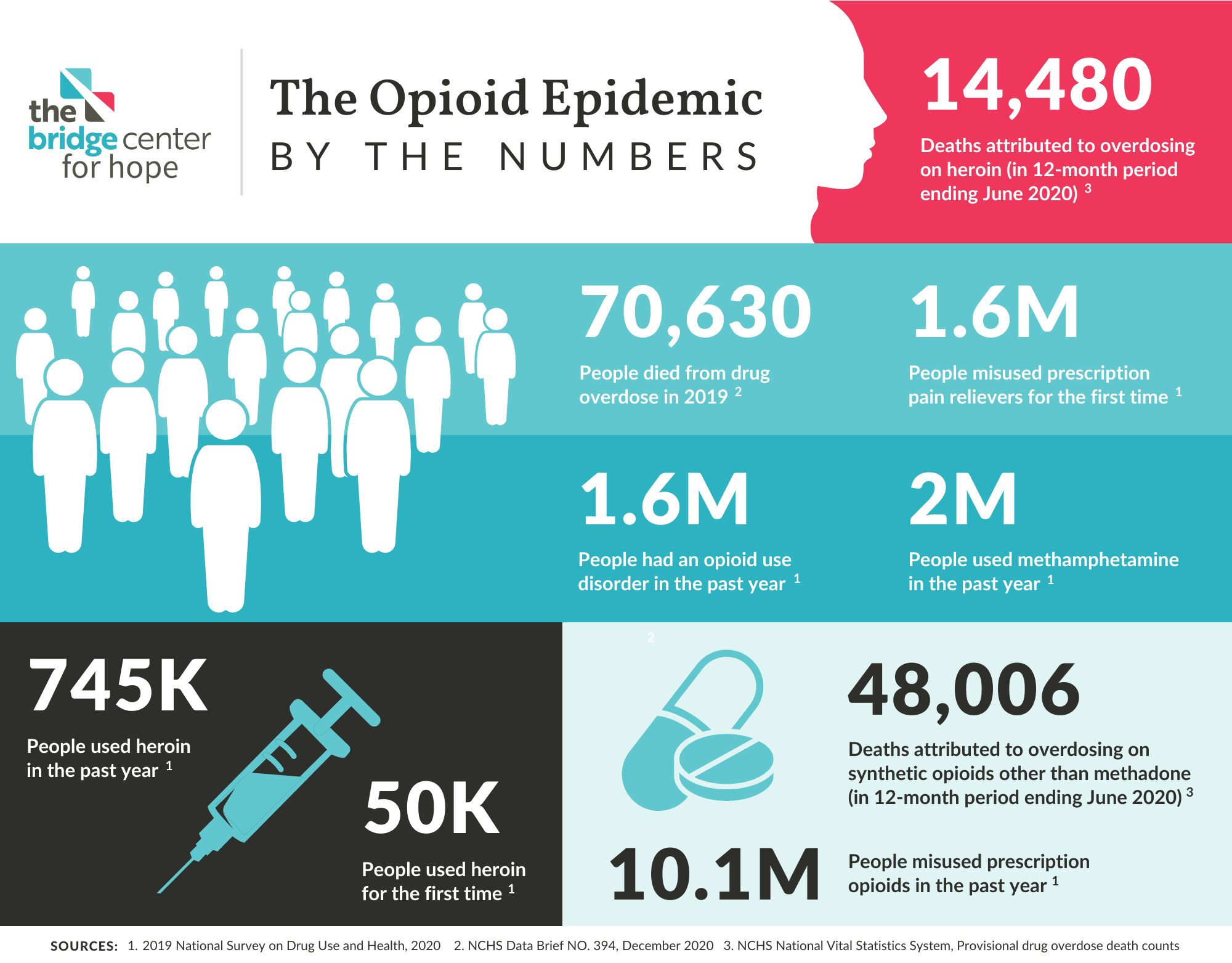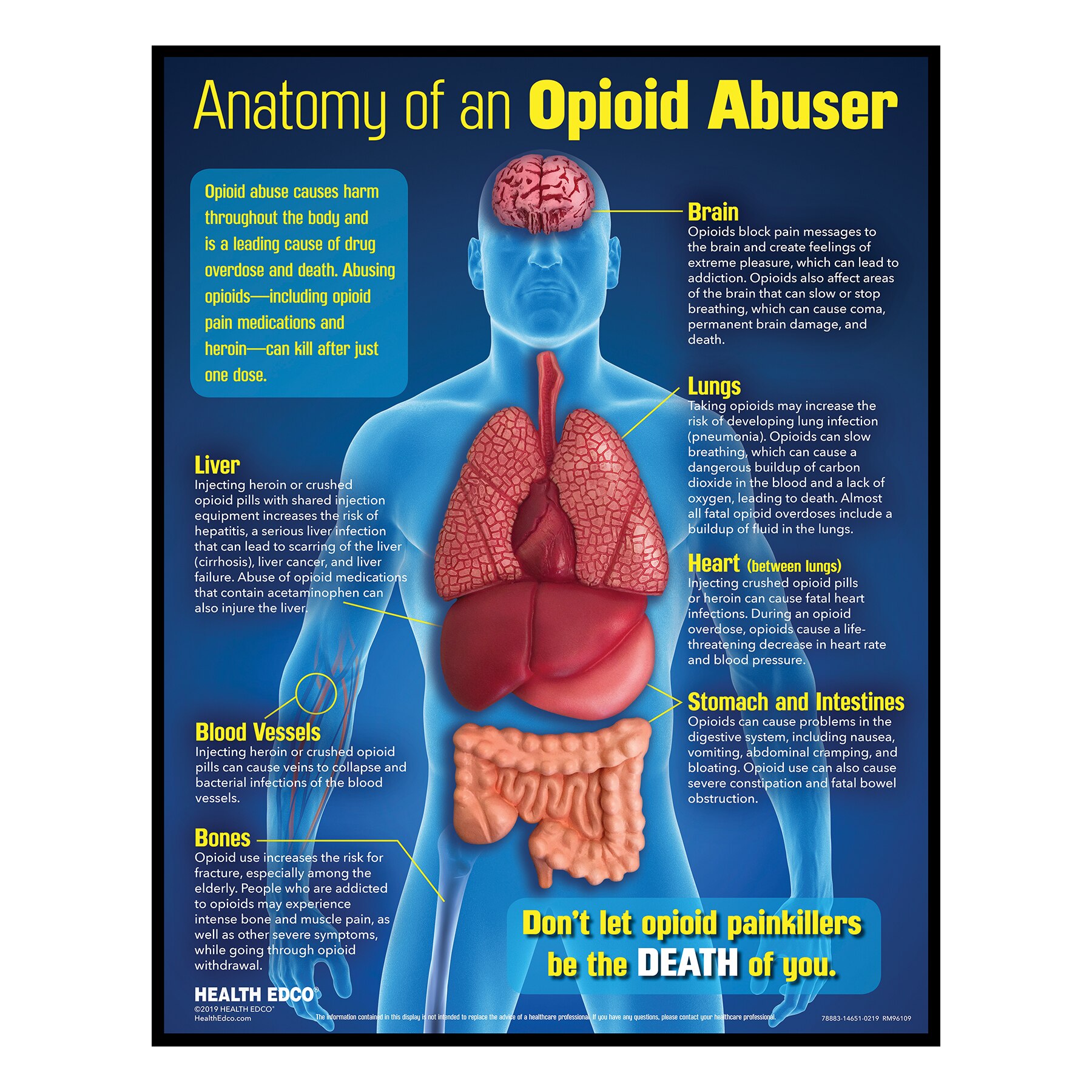The Wisconsin Medication Assisted Program For Opioid Dependence (MAPP): A Comprehensive Overview
The Wisconsin Medication Assisted Program for Opioid Dependence (MAPP): A Comprehensive Overview
Related Articles: The Wisconsin Medication Assisted Program for Opioid Dependence (MAPP): A Comprehensive Overview
Introduction
With great pleasure, we will explore the intriguing topic related to The Wisconsin Medication Assisted Program for Opioid Dependence (MAPP): A Comprehensive Overview. Let’s weave interesting information and offer fresh perspectives to the readers.
Table of Content
- 1 Related Articles: The Wisconsin Medication Assisted Program for Opioid Dependence (MAPP): A Comprehensive Overview
- 2 Introduction
- 3 The Wisconsin Medication Assisted Program for Opioid Dependence (MAPP): A Comprehensive Overview
- 4 Frequently Asked Questions (FAQs)
- 5 Tips for Individuals Seeking MAPP Services
- 6 Conclusion
- 7 Closure
The Wisconsin Medication Assisted Program for Opioid Dependence (MAPP): A Comprehensive Overview

The opioid epidemic continues to plague communities across the United States, and Wisconsin is no exception. In response to this crisis, the state implemented the Medication Assisted Program for Opioid Dependence (MAPP) in 2013. This program, aimed at addressing the complex nature of opioid use disorder, provides a multifaceted approach to treatment, combining medication with counseling and support services.
Understanding Opioid Use Disorder and the Need for MAPP
Opioid use disorder (OUD) is a chronic brain disease characterized by compulsive drug seeking and use, despite negative consequences. This disorder is marked by a significant change in brain circuitry that alters an individual’s ability to control their drug-seeking behavior. Traditional methods of treatment, relying primarily on behavioral therapy, have proven insufficient in addressing the biological underpinnings of OUD.
The advent of medication-assisted treatment (MAT) revolutionized the approach to OUD management. MAT utilizes FDA-approved medications, such as methadone, buprenorphine, and naltrexone, in conjunction with counseling and behavioral therapies. These medications, acting on the brain’s reward system, reduce cravings and withdrawal symptoms, enabling individuals to focus on recovery.
The Framework of the Wisconsin MAPP Program
The MAPP program, a vital component of Wisconsin’s response to the opioid crisis, embodies the principles of MAT. It provides a comprehensive and integrated framework for treating individuals struggling with OUD, encompassing the following key elements:
-
Medication Management: The program offers a range of FDA-approved medications, tailored to individual needs and preferences. This includes:
- Methadone: A long-acting opioid agonist that suppresses withdrawal symptoms and reduces cravings.
- Buprenorphine: A partial opioid agonist that blocks the effects of other opioids while providing relief from withdrawal symptoms.
- Naltrexone: An opioid antagonist that blocks the effects of opioids, reducing cravings and preventing relapse.
-
Counseling and Therapy: MAPP participants receive individualized counseling, addressing behavioral, social, and psychological factors contributing to OUD. This may include cognitive-behavioral therapy (CBT), motivational interviewing, and family therapy.
-
Support Services: The program provides access to a range of support services, including:
- Case management: Assisting individuals with navigating the healthcare system and accessing resources.
- Employment services: Helping individuals find employment or re-enter the workforce.
- Housing assistance: Providing support for finding stable housing.
- Peer support: Connecting individuals with others in recovery who can provide guidance and encouragement.
Eligibility and Access to MAPP Services
To be eligible for MAPP services, individuals must meet the following criteria:
- Diagnosis of OUD: A qualified healthcare professional must diagnose the individual with OUD.
- Wisconsin residency: The individual must be a resident of Wisconsin.
- Ability to consent to treatment: The individual must be able to understand and consent to the treatment plan.
Individuals seeking MAPP services can access them through various pathways:
- Referral from a healthcare provider: Primary care physicians, psychiatrists, and other healthcare professionals can refer individuals to MAPP programs.
- Direct contact with a MAPP program: Individuals can contact MAPP programs directly to inquire about services.
- Community resources: Organizations like the Wisconsin Department of Health Services (DHS) and local community health centers can provide information and referrals.
The Impact of MAPP on Individuals and Communities
The MAPP program has had a significant positive impact on individuals and communities in Wisconsin. Studies have shown that MAT, the core of MAPP, is highly effective in:
- Reducing opioid overdose deaths: Studies have demonstrated that MAT can reduce the risk of overdose by up to 50%.
- Improving recovery rates: Individuals receiving MAT are more likely to achieve sustained abstinence and maintain recovery.
- Reducing criminal activity: MAT can lead to a decrease in criminal activity associated with drug use.
- Improving overall health and well-being: MAT can improve physical and mental health, as well as social functioning.
Beyond Individual Treatment: A System-Wide Approach
The MAPP program is not simply a treatment program; it is a comprehensive, system-wide approach to address the opioid crisis. It emphasizes collaboration between healthcare providers, law enforcement, social services, and community organizations. This collaborative approach is crucial for ensuring that individuals with OUD receive the support they need to achieve recovery.
Addressing Challenges and Future Directions
Despite its success, the MAPP program faces challenges, including:
- Limited access to services: There is a shortage of MAT providers in some parts of Wisconsin, limiting access to services.
- Stigma and discrimination: Stigma associated with OUD can prevent individuals from seeking treatment.
- Funding limitations: The MAPP program faces funding challenges, limiting its capacity to meet the growing need for services.
To address these challenges, ongoing efforts focus on:
- Expanding access to MAT: Increasing the number of MAT providers and expanding access to services in underserved areas.
- Reducing stigma: Raising awareness about OUD and promoting understanding and compassion.
- Securing adequate funding: Advocating for increased funding for MAT programs and related support services.
Conclusion: A Vital Tool in the Fight Against Opioid Addiction
The Wisconsin Medication Assisted Program for Opioid Dependence (MAPP) is a vital tool in the state’s efforts to combat the opioid crisis. By providing comprehensive and integrated treatment, MAPP empowers individuals with OUD to achieve sustained recovery and reclaim their lives.
The program’s success is a testament to the effectiveness of MAT and the importance of a system-wide approach to addressing this complex public health issue. Continued investment in MAPP and the expansion of access to MAT services are crucial to ensure that all individuals in Wisconsin have the opportunity to achieve recovery from opioid addiction.
Frequently Asked Questions (FAQs)
Q: What are the specific medications used in the MAPP program?
A: The MAPP program offers FDA-approved medications like methadone, buprenorphine, and naltrexone, tailored to individual needs and preferences.
Q: How long does treatment typically last in the MAPP program?
A: The duration of treatment varies depending on individual needs and progress. Treatment can range from several months to years, with ongoing monitoring and adjustments to ensure optimal outcomes.
Q: Is the MAPP program covered by insurance?
A: Most insurance plans cover MAPP services, including Medicaid and private insurance. However, it’s crucial to verify coverage and potential cost-sharing responsibilities with individual insurance plans.
Q: What if I can’t afford MAPP services?
A: Financial assistance programs are available for individuals who cannot afford MAPP services. The program staff can provide information and guidance on accessing these resources.
Q: Are there any age restrictions for participating in MAPP?
A: The MAPP program is open to individuals of all ages, as long as they meet the eligibility criteria.
Q: What are the potential risks and side effects of the medications used in MAPP?
A: Like any medication, the medications used in MAPP can have potential risks and side effects. These are carefully monitored by healthcare providers, and individuals are provided with information and support to manage any potential issues.
Q: Can I participate in MAPP if I’m pregnant or breastfeeding?
A: Yes, there are specific protocols and guidelines for pregnant and breastfeeding individuals participating in MAPP. Healthcare providers work closely with these individuals to ensure their safety and the well-being of their child.
Q: Is the MAPP program confidential?
A: Yes, all information shared with the MAPP program is confidential and protected under HIPAA privacy laws.
Tips for Individuals Seeking MAPP Services
- Talk to your healthcare provider: Start by discussing your concerns about opioid use with your primary care physician or another healthcare professional. They can assess your needs and refer you to appropriate resources, including MAPP programs.
- Research MAPP programs in your area: Contact local hospitals, community health centers, or the Wisconsin Department of Health Services (DHS) to find MAPP programs in your area.
- Don’t be afraid to ask questions: Ask questions about the program, the medications used, and the support services available.
- Be honest about your struggles: Open and honest communication with healthcare providers is essential for developing a personalized treatment plan.
- Be patient and persistent: Recovery from opioid addiction is a journey, and it may take time to find the right treatment approach that works for you.
Conclusion
The Wisconsin Medication Assisted Program for Opioid Dependence (MAPP) represents a crucial step forward in addressing the opioid crisis in the state. This comprehensive program provides a vital lifeline for individuals struggling with opioid use disorder, offering them a pathway to recovery and a chance to reclaim their lives. By continuing to expand access to MAPP services, combatting stigma, and securing adequate funding, Wisconsin can ensure that all individuals who need help have the opportunity to achieve lasting recovery.








Closure
Thus, we hope this article has provided valuable insights into The Wisconsin Medication Assisted Program for Opioid Dependence (MAPP): A Comprehensive Overview. We hope you find this article informative and beneficial. See you in our next article!